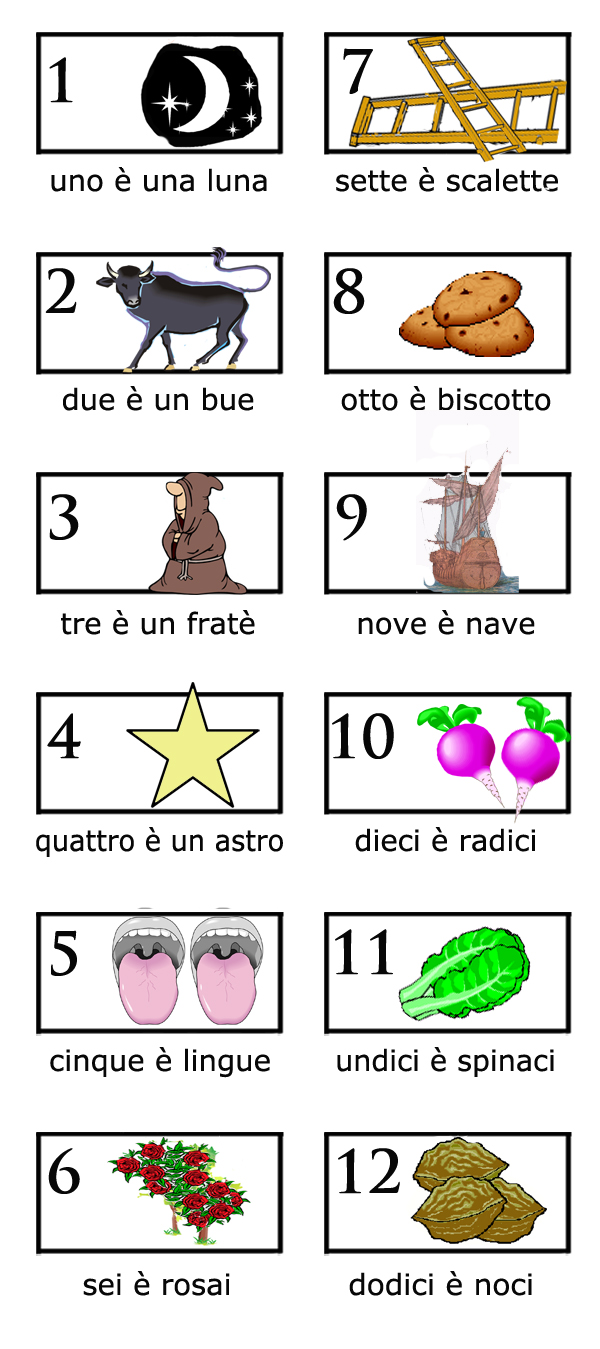This post is the second part in a four-part series on how education delivery is changing, and the set of literacies required in today’s world. Part 1 looked at the changing world of textbooks. This post looks at the oral equivalent of textbooks: direct instruction or lecturing.
- Strategies
Everyday Strategies
- Lifestyle & Aging
Lifestyle
- Sleep & Circadian Rhythm
- Problems
Forgetting
Absentmindedness
Cognitive Impairment
- How Memory Works
Types of memory
Individual Differences
How the brain works
